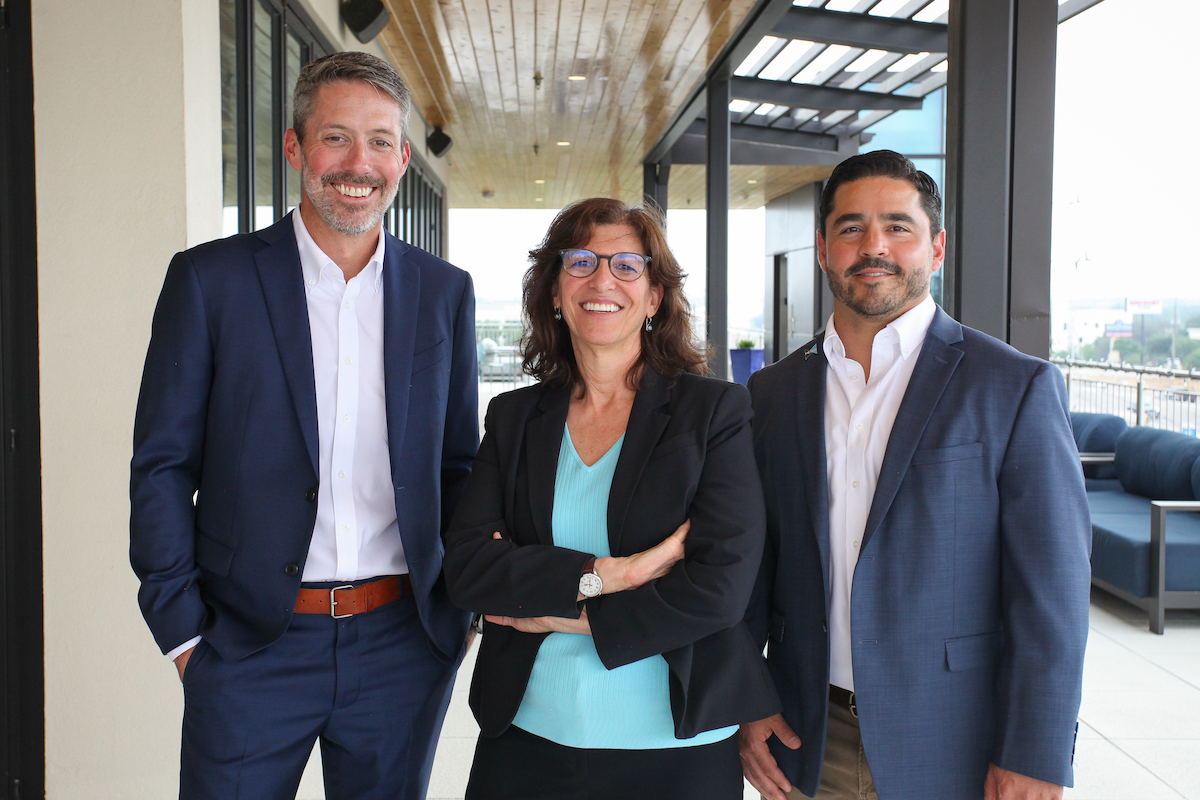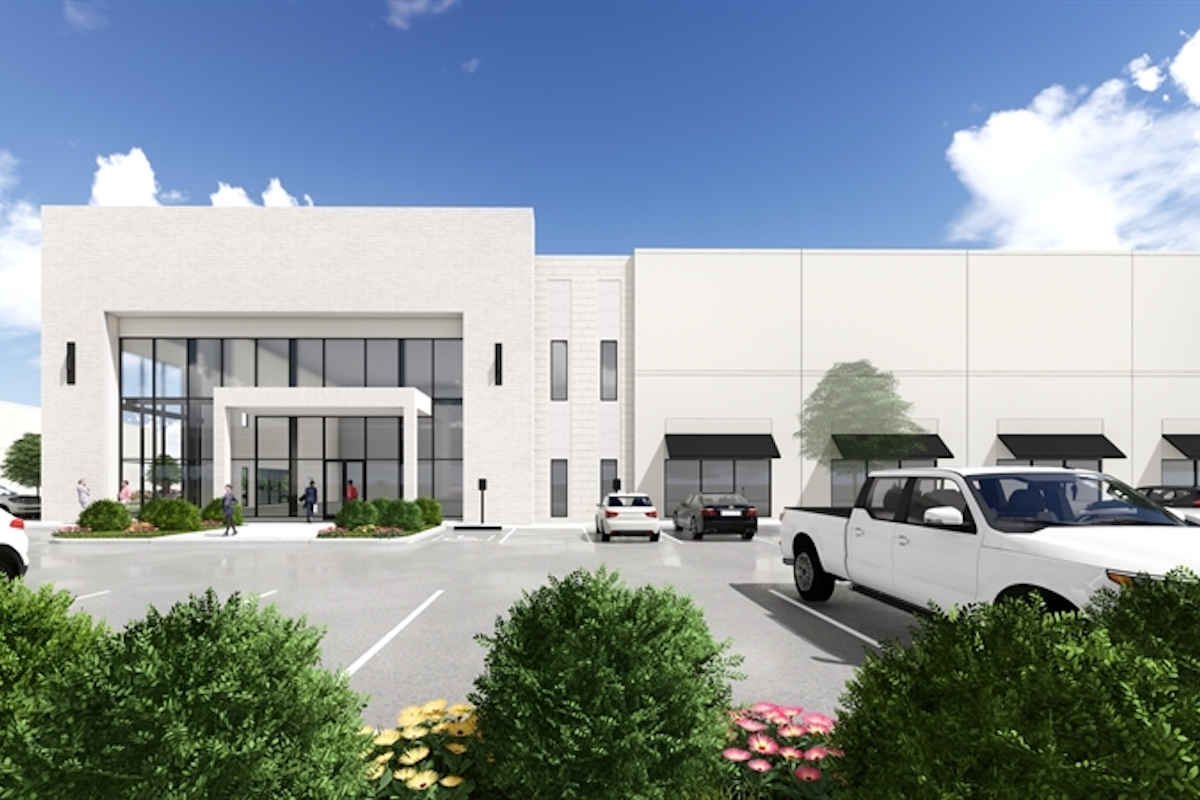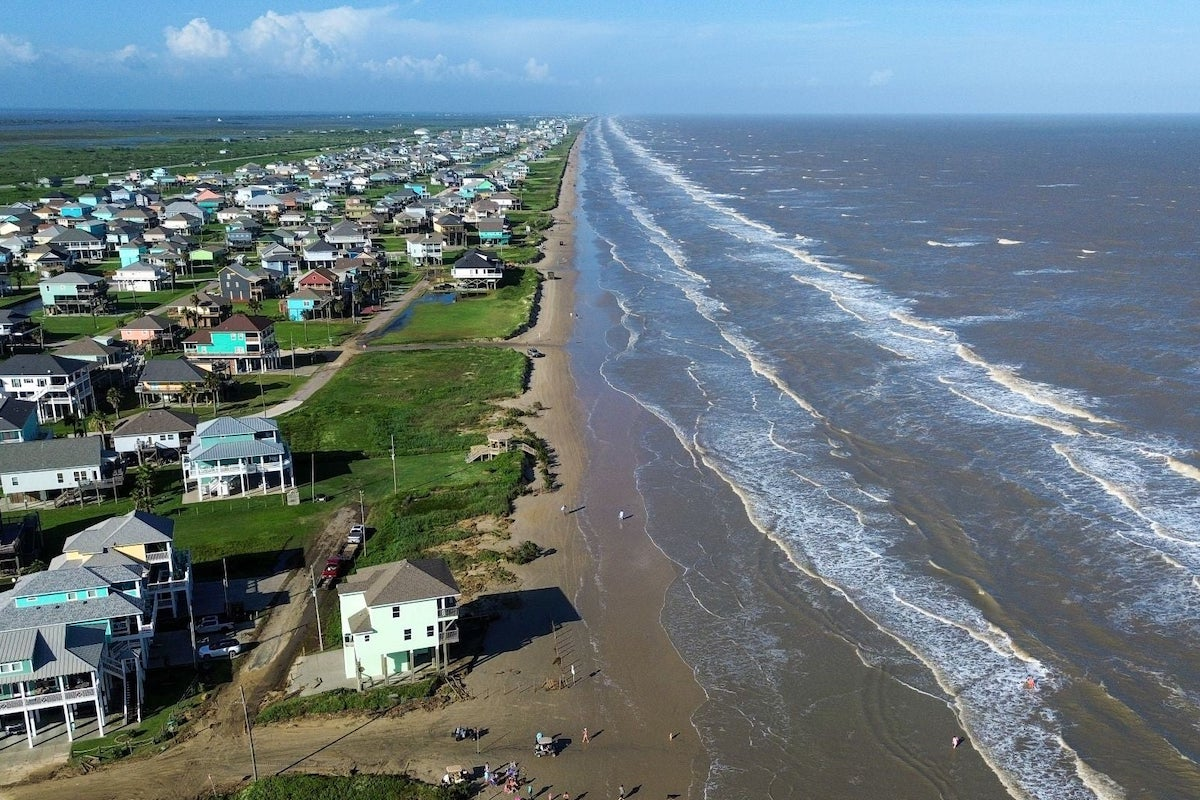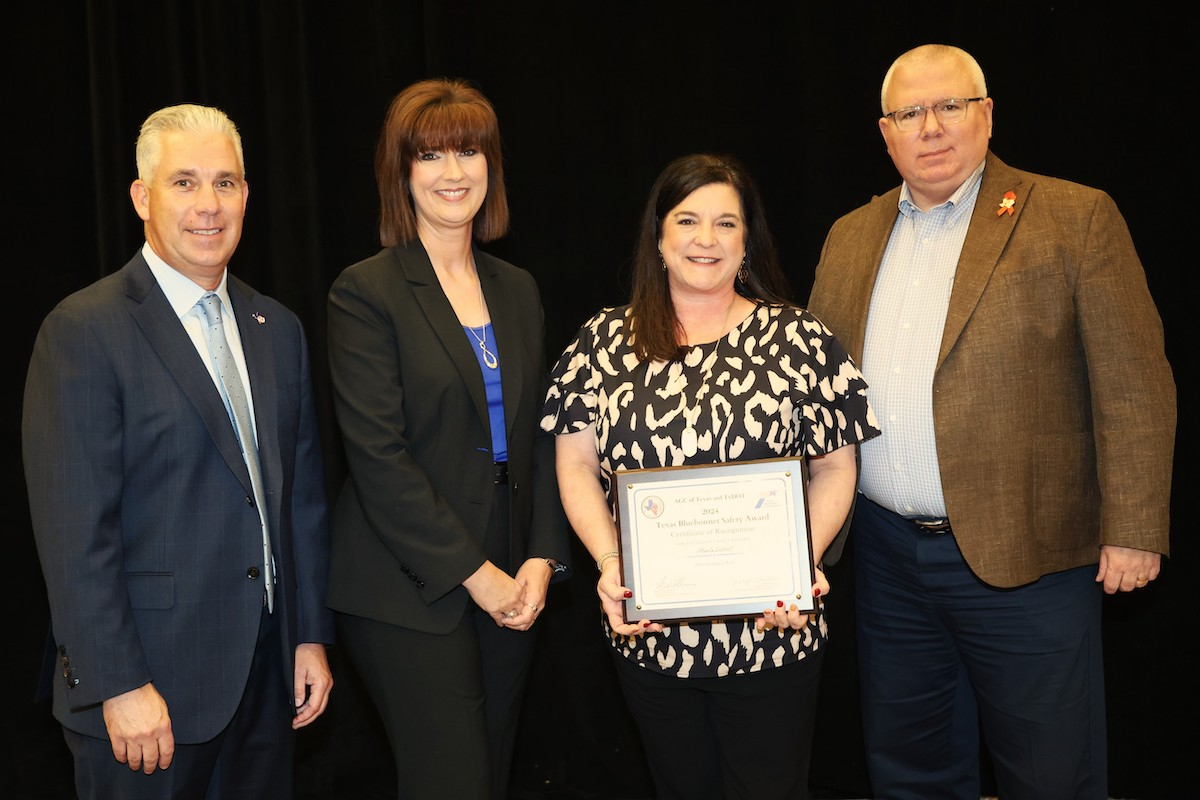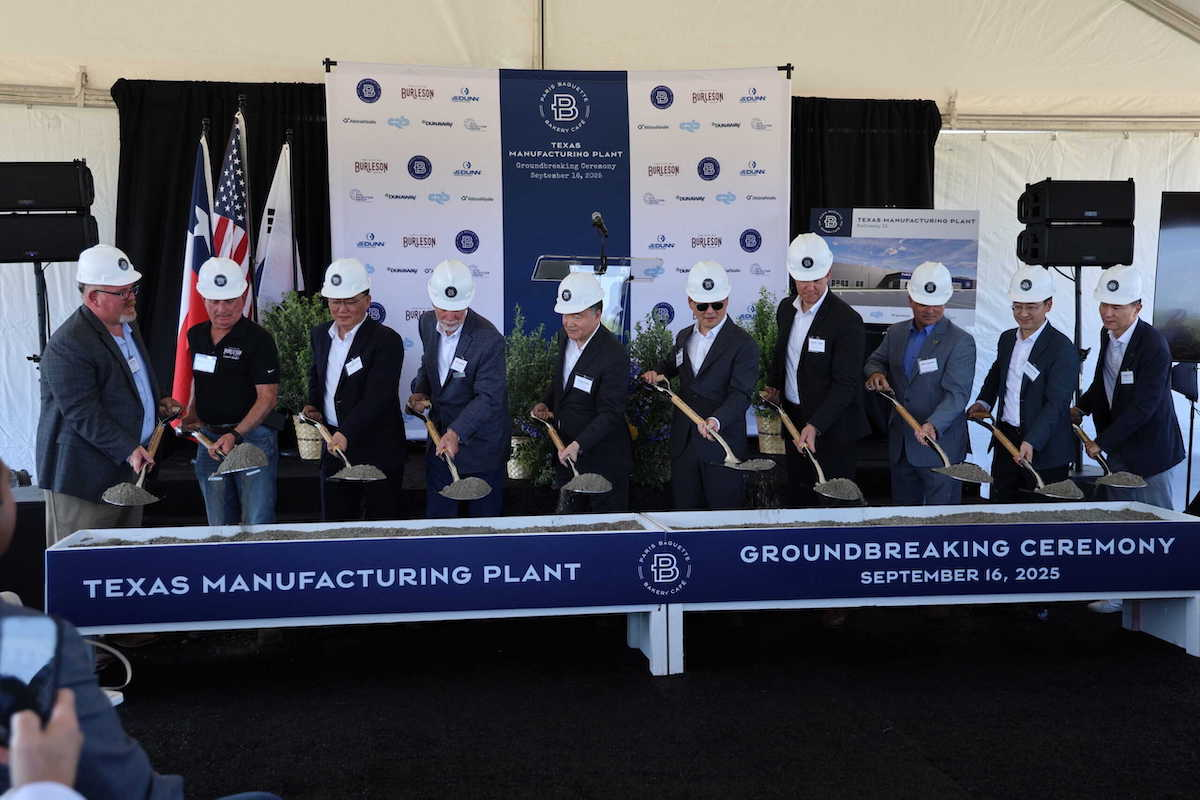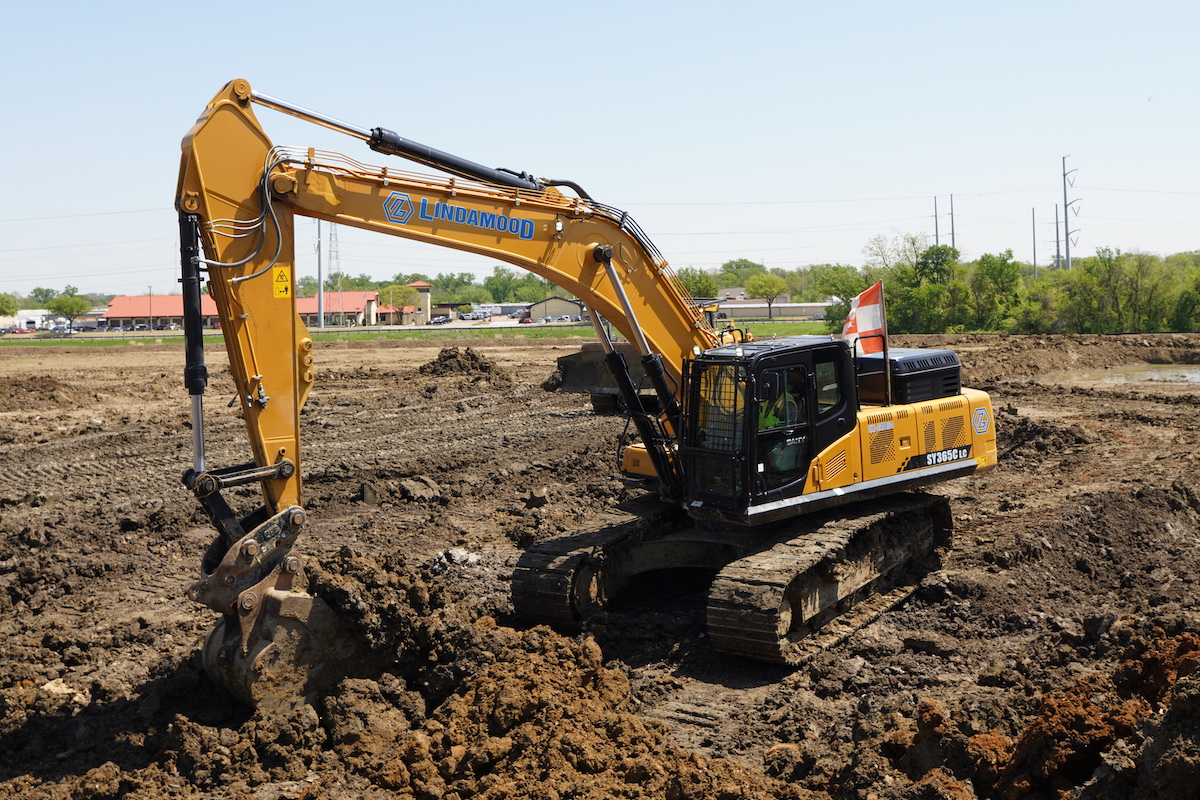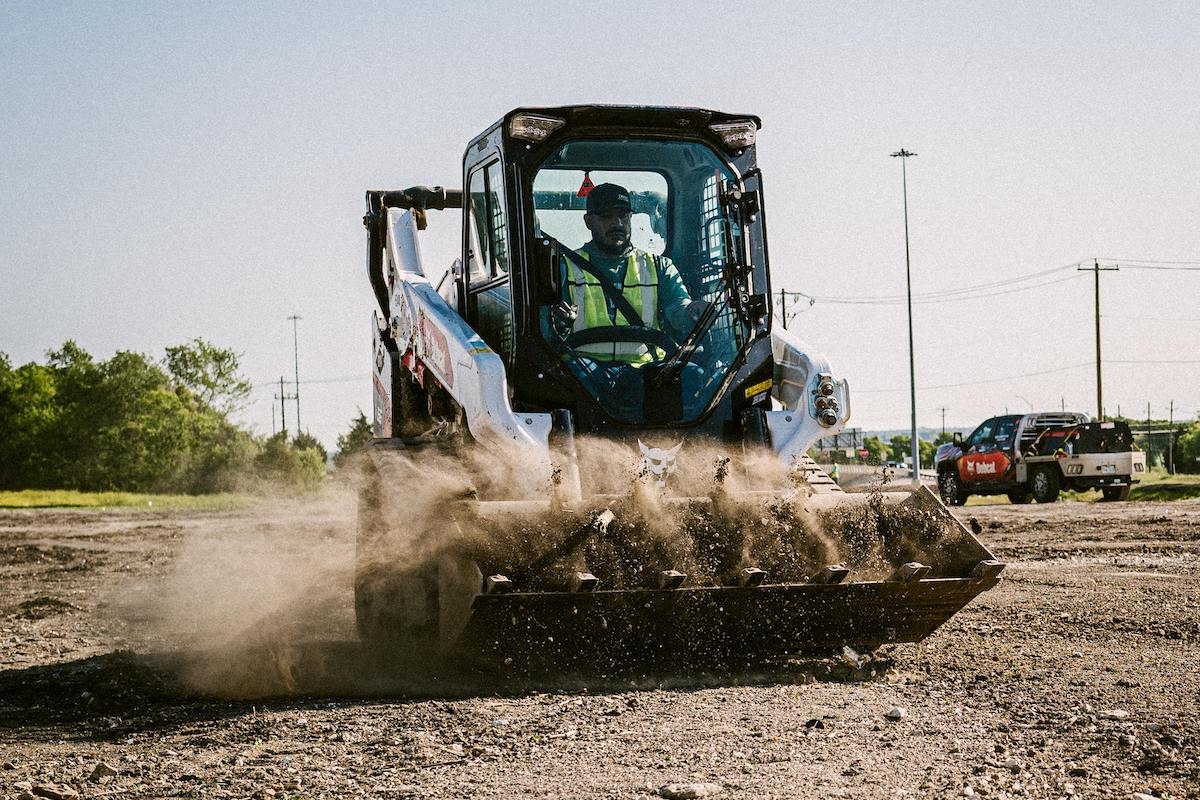DALLAS, TX — Dallas Fort Worth International Airport (DFW) has completed a major milestone in its ongoing $3 billion plan to overhaul and expand Terminal C, successfully moving six megastructure modules across the airfield and into place at the site of the expansion that will welcome nine new gates in 2026. This included moving a total of six massive modules — the largest measuring 204 feet long by 68 feet wide and weighing approximately 1,200 tons — across two closed runways overnight using self-propelled modular transporters.
This recent milestone has built on DFW’s use of modular construction in 2022, with the airport again proving the success of new techniques to expedite project timelines. Continuing to be at the forefront of modularity evolution, DFW installed mechanical, electrical, plumbing, and fire-protection systems in the six modules prior to being transported to the site of new pier-style expansion.
“Modular construction reduces the impact on site by using dual-site activity,” said Mohamed Charkas, Executive Vice President of Infrastructure and Development at DFW. “This minimizes disruptions in terminal areas, keeping gate closures and airside complexities to a minimum while modules are built off site. DFW is applying modular construction for expansions at Terminals A and C, as well as the new Terminal F.”
Modules for Terminals A and C are at least twice as large as the modules installed to create the new “High C” gate area in 2022.
In partnership with American Airlines, the 115,000-square-foot expansion portion of the Terminal C project also coincides with the first of three phases that will completely reimagine the terminal’s existing footprint. A complete reconstruction of the adjacent parking garage is also underway, which will deliver more parking to accommodate the growth in gates.

| Your local Case Construction Equipment Inc dealer |
|---|
| ASCO Equipment |
| Nueces Power Equipment |
Design and construction for the first phase and expansion of the Terminal C project, as well as the expansion of Terminal A, is being managed by HNTB, KAI, and ADPI. The design-build project’s contractor joint venture includes Austin Commercial, Azteca Enterprises, and Alpha & Omega, with HOK and Muller & Muller, Ltd. serving as design team members.














